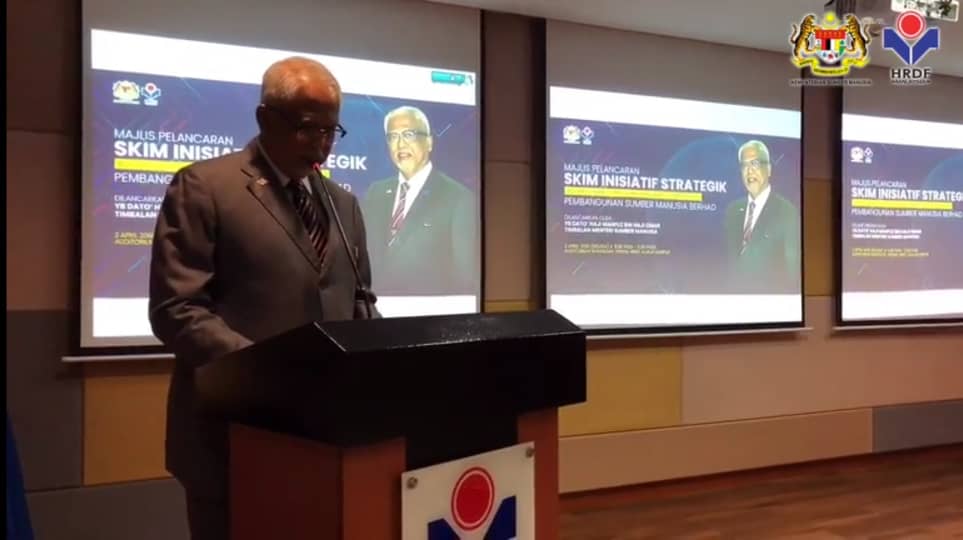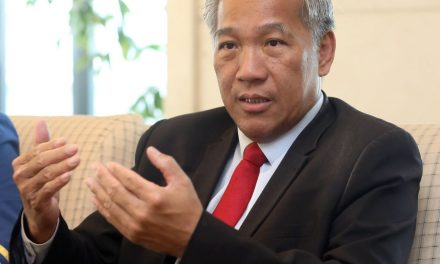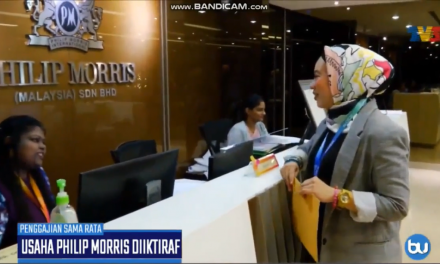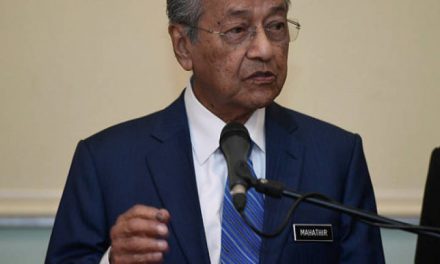Kuala Lumpur | The Human Resources Development Fund (“HRDF”) today launched its new and revised Human Capital Strategic Initiative Schemes, aimed at supporting the national human capital agenda towards the creation of a-35 per cent skilled Malaysian workforce which will enable the country to become a high-income economy.
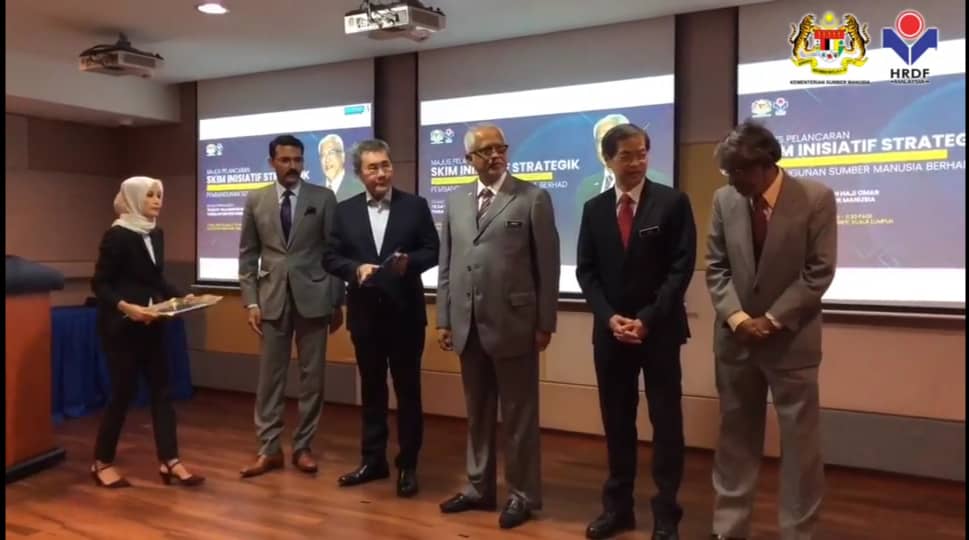
The Deputy Minister of Human Resources Yang Berhormat Dato’ Mahfuz Bin Omar launched the five (5) Strategic Initiative Scheme at Fund’s headquarters this morning. The Schemes, targeted at unemployed graduates, secondary school leavers, inservice workers, and owners and Chief Executive Officers of Small and Medium Enterprises (“SMEs”), are:
- The Industry Certification (“INDCERT”)
- The SME GRADUATES Scheme
- The Recognition of Prior Experiential Learning (RPEL)
- The SLDN–APPRENTICESHIP Scheme and
- The Graduates Enhancement Programme for Employability 2.0 (“GENERATE 2.0”)
Developed through consultation with the Industry, the Fund’s registered employers, employer associations, and selected institutions of higher learning; these Schemes are collectively expected to serve several objectives which are:
- To reduce Malaysia’s dependency on foreign workers in semi-skilled and skilled areas of work;
- To reduce the nation’s unemployment rate and related social ills;
- To increase the local household income as well as the national income per capita; and
- To produce skilled Malaysian workers for employers with businesses in the country for increased company productivity and wages earned by Malaysians.
The Schemes will be implemented on a cost-sharing basis by utilising employers’ levy supported with financial assistance/incentive from HRDF. Previously, these Schemes were funded via the 30 per cent HRDF Pool Fund which was concluded effective November 2018 for a review and improvement process.
Additionally, the Schemes have been designed to be more employer centric with a focus on the existing needs of the Industry and the Fund’s registered employers and with an emphasis on their outcomes through the implementation of a thorough evaluation upon the completion of the pilot programmes of each of the five (5) Schemes.
“In line with the 11th Malaysia Plan (11MP), we need to take effective measures to increase the percentage of skilled local workforce. Efforts towards this will require the cooperation and partnership of the Industry, and the private and public sectors. In this instance, join investments in both education, and re-skilling and up-skilling of our local talent are pivotal towards accelerating improved social mobility and the wellbeing of the Rakyat,” said Mahfuz at the launch, adding that this is where strategic agency partners such as HRDF, which is under the purview of the Ministry of Human Resources Malaysia, comes into action.
For the INDCERT Scheme, the Fund will be providing financial assistance to registered employers enabling these employers to enhance the skills of participating employees through relevant professional certification courses. Also during the launch, the Fund extended “Letters of Award” to the Malaysian Employers Federation Academy (MEF) and the Federation of Malaysian Manufactures (FMM) for their participation in the pilot programme of this Scheme which benefitted 50 employees of their members.
As for the SME GRADUATES Scheme, the Fund officially handed over “Letters of Acknowledgement” to six (6) universities, qualifying these universities to train 200 SME owners and CEOs. The Scheme, based on the Tokyo SME University Programme framework, is a three-four-month mini semester curriculum which will see the participation of the following private and public universities:
- HELP University
- Universiti Kebangsaan Malaysia (UKM)
- Universiti Malaysia Kelantan (UMK)
- Universiti Putra Malaysia (UPM)
- Universiti Sains Malaysia (USM)
- Universiti Teknologi Malaysia (UTM)
In the meantime, the Fund also handed over “Letter of Appointment” to Perbadanan Hal Ehwal Bekas Angkatan Tentera (PERHEBAT) and “Letter of Acknowledgement” to Perusahaan Otomobil Nasional Sdn Bhd (PROTON) to officially formalise the participation of both entities in the Fund’s RPEL Scheme which is expected to benefit a total of 2, 000 employees of HRDF’s registered employers as well as employers who are not registered with the Fund.
Additionally, Composite Technology Research Malaysia (“CTRM”) and Toyo Tyre Malaysia Sdn Bhd also accepted their respective “Letters of Appointment” from the Fund to partake in the SLDN–APPRENTICESHIP Scheme which will benefit 225 secondary school leavers through training and guaranteed employment with CTRM and Toyo Tyre Malaysia Sdn Bhd upon completion of their training.
“HRDF will carry on establishing successful collaborations with the Industry as well as the private and public sectors as we endeavour to stimulate the growth of training and development of the Malaysian workforce,” HRDF Chief Executive Elanjelian Venugopal said during his opening address. He further encouraged registered employers to efficiently utilise the RM1.4 billion human resources development levy available to up-skill and re-skill their local employees.
Currently, close to 27,000 HRDF-registered employers and nearly 2.3 million local employees from the Manufacturing, Services and Mining & Quarrying sectors are benefitting from the Fund’s other existing programmes.
About the Human Resources Development Fund (HRDF) or Kumpulan Wang Pembangunan Sumber Manusia (KWPSM)
HRDF’s vision is to drive the economic transformation of Malaysia through the country’s most valued asset – its people.
As a knowledge centre which aims to drive the continuous learning and development of the Malaysian workforce, HRDF have come a long way since it was first set up as Majlis Pembangunan Sumber Manusia (MPSM) in Year 1993. Currently governed by the Pembangunan Sumber Manusia Berhad Act 2001 (PSMB Act, 2001) and under the purview of the Ministry of Human Resources, Malaysia, HRDF strives for constant partnership with the Industry, its registered employers and training providers, and the critical mass of the country’s Small and Medium Enterprises towards increasing the skills of the nation’s local workforce, apprentices and trainees to meet the demands of a digitalised global economy.
Additionally, the Fund remains steadfast in encouraging employers covered by the PSMB Act, 2001 to retrain and upgrade the knowledge and skills of their local employees, apprentices and trainees to drive their respective organisational productivity and growth.
The PSMB Act, 2001 covers 63 sub-sectors under three (3) key economic sectors which are Services, Manufacturing, and Mining and Quarrying.
More information is available at www.hrdf.com.my

